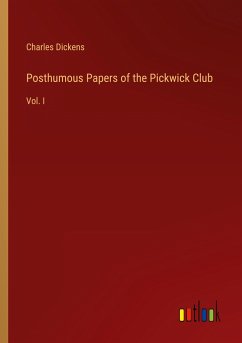The Posthumous Papers of the Pickwick Club (also known as The Pickwick Papers) was Charles Dickens's first book. Because of his fame with Sketches by Boz published in 1836, Dickens was asked by the editor "cockney sporting plates" by illustrator Robert Seymour, and to connect them into a novel. The novel became Britain's first real event, with unlawful copies. Pickwick is basically a significant novel, but its sincere features showed in comic form. Not that Dickens bounds the book lovers enjoy the sour taste of life with sweet essence of comedy. The valuable morals are exactly those that knitted well with humour. Pickwick Papers reveals the fun of travel, the happiness of good livelihood, kindness, love life and energy of a youth. Dickens realizes these facts by showing them against rather bitter realities.
Hinweis: Dieser Artikel kann nur an eine deutsche Lieferadresse ausgeliefert werden.
Hinweis: Dieser Artikel kann nur an eine deutsche Lieferadresse ausgeliefert werden.

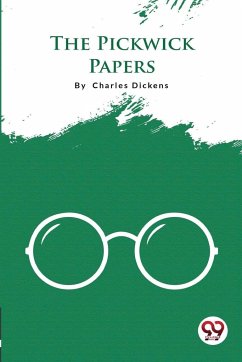
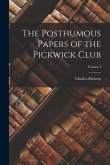
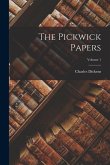

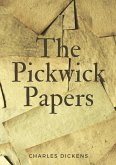
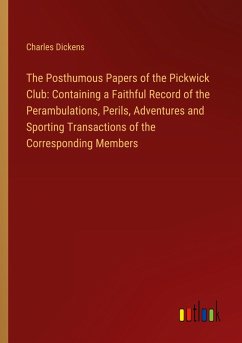
![The Posthumous Papers of the Pickwick Club [microform] The Posthumous Papers of the Pickwick Club [microform]](https://bilder.buecher.de/produkte/65/65529/65529257m.jpg)
